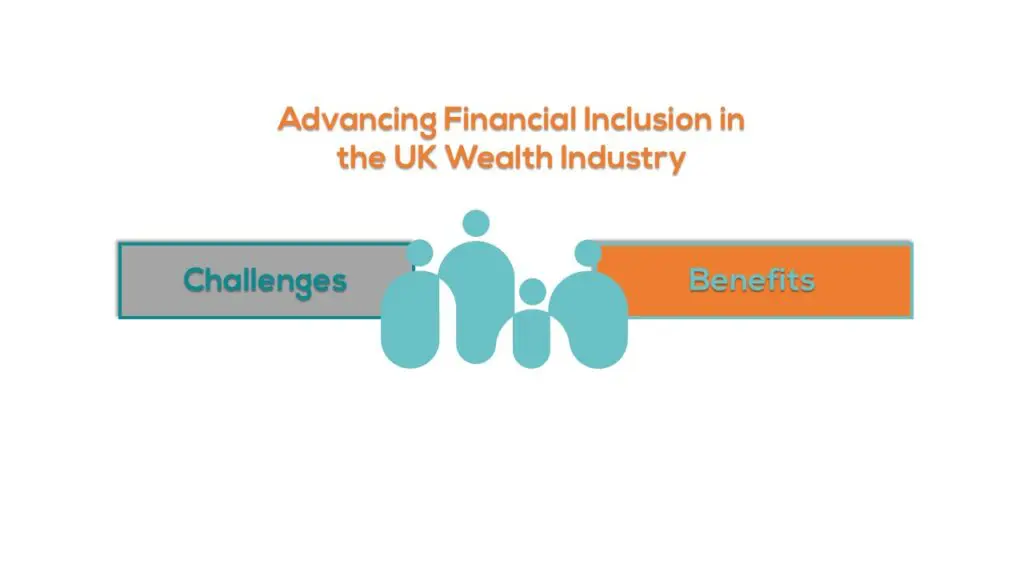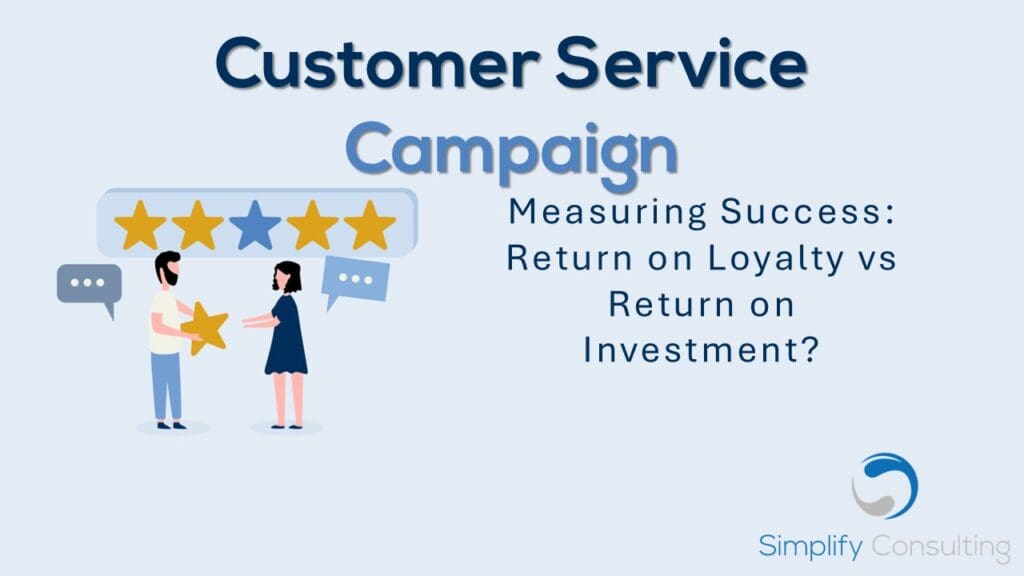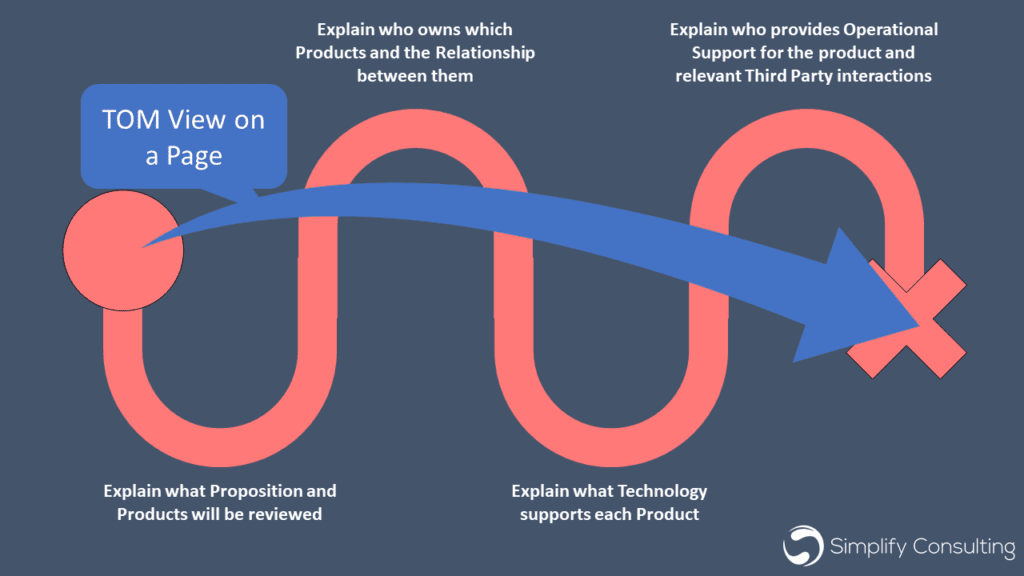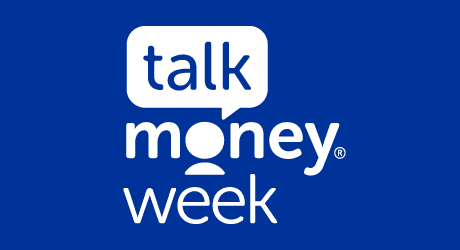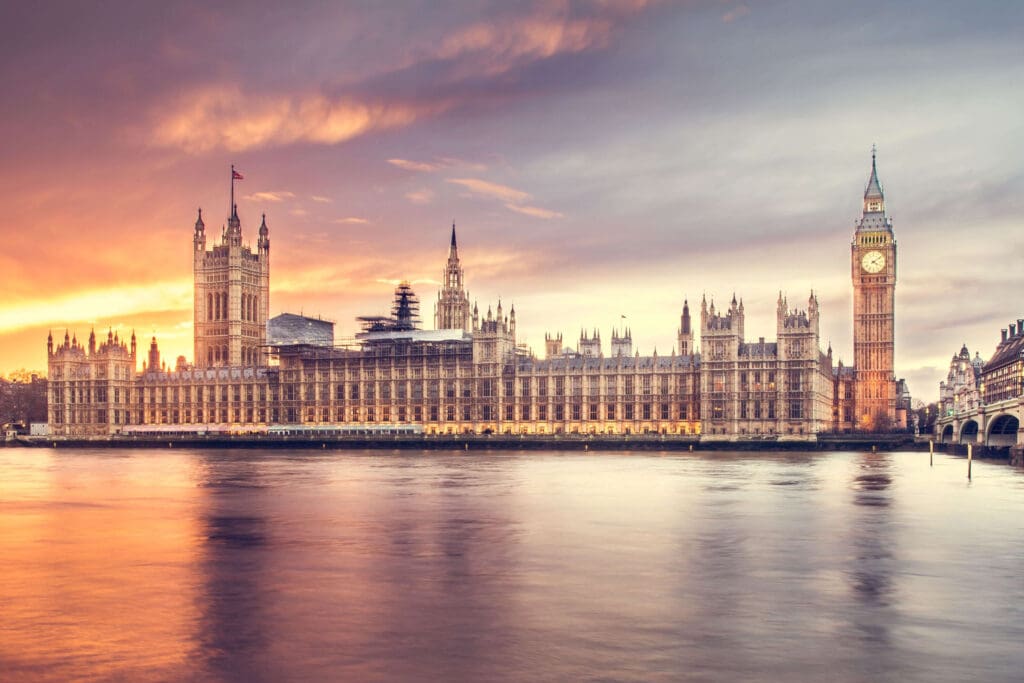
It’s been a long time coming, but the ban on contingent charging for DB transfers will come into effect from 1st October 2020.
Why is the ban being introduced?
Contingent charging is where an adviser only gets paid if the pension transfer proceeds. The FCA has long been concerned that this leads to a conflict of interest whereby advisers may be incentivised to recommend transferring out of Defined Benefit schemes, a move which may not be in the client’s best interests given that they’re exchanging a guaranteed benefit for a non-guaranteed type of pension.
Christopher Woolard, the Interim Chief Executive of the FCA, provided the following comments with the update:
“The proportion of customers who have been advised to transfer out of their DB pension is unacceptably high. While much of the advice we looked at was suitable, we are still finding too many cases in which transfers were not in the customer’s best interests”.
“For the 2018/19 scheme submission period, we estimate approximately 210,000 individual transfers from DB schemes. This is not specifically DB to a defined contribution (DC) transfers. The total value of those transfers is estimated at approximately £34 billion.” The Pensions Regulator
In its cost-benefit analysis, the FCA estimates that its interventions will save clients over £1bn per year by reducing the harm from unsuitable advice.

Whilst those instigating ‘bad transfers’ may be in the minority, high-profile cases such as the FCA investigation of advice firm Lighthouse (now owned by Quilter) into its advice and arrangement of DB transfers for British Steel Pension Scheme Members have added weight to the need for such action.
What does the ban mean?

The ban will mean that advisers will receive a fee whether or not the client decides to proceed with a transfer. The FCA estimates this fee at between £3k and £3.5k, although other estimates come in lower at £2.5k based on a transfer value of £100k. Seeking advice prior to a pension transfer is mandatory by law for any clients where the DB transfer value is over £30k.
The FCA has listed in the COB rules, ‘examples of unacceptable practices’ to try and prevent advisers from coming up with creative ways to carry on with contingent charging in disguise. One example of this is preventing advisers from charging small amounts for transfer advice, then a larger implementation cost if they proceed with the transfer.
There are two exceptions to the ban in that contingent charging can still be used in ‘carve-out’ cases which includes serious ill health or where a client is facing serious financial hardship. In such cases, it’s recognised that a DB transfer may be in the individual’s best interests. However, the FCA requires such cases to be evidenced to justify the application of contingent charging and they will be collecting data on firms’ use of carve-outs in their supervisory capacity. Additionally, they’ve stipulated that in such cases, the same charge amount should apply as would have applied if the advice were non-contingent.
The FCA will allow ‘abridged’ advice whereby a pension transfer specialist can perform triage with a client to gain high level information including a fact find to determine if transferring is in their best interests. This will have a lower fee or possibly no fee associated, making such advice more accessible. The regulator hopes that this will help consumers access initial advice at a more affordable cost. The possible outcomes of such advice would be 1) to confirm that a DB transfer is not in the client’s best interests; or 2) that it is not possible to confirm one way or the other without doing a full investigation, which would then incur a full advice fee, regardless of whether the client ultimately decides to transfer or not.
Advisers reactions to the ban
There are mixed reactions amongst the adviser community. Supporters feel this should level the playing field in terms of those giving ‘good’ advice still receiving payment for it, thus allowing them to remain competitive.


Objectors such as Grove Pension Solutions, disagree with the accusation of bias in advice towards transferring. Some highlight that unsuitable advice can be a consequence of gaps in the information that clients provide them with. Others point out that charging a fee whether the client transfers or not may have other consequences. These include putting clients off seeking advice and transferring, when actually it may be in their best interests to do so; or at the other end of the spectrum, making clients determined to pursue their transfer request against advice, given that they may have paid out thousands for that advice.
One financial adviser I spoke to is fully supportive of the ban in respect of protecting vulnerable people but is concerned that it will make advice less accessible. When considering a DB transfer request at their firm, the starting position is always that these benefits should be retained. What exceptional circumstances are there to justify the loss of a guaranteed, increasing income that isn’t affected by market volatility? It’s then the FAs job to do the due diligence to see if there is justification for changing that initial ‘no’ to a ‘yes’. A multitude of factors would be taken into account including intended retirement age, whether the client has other investments and cash reserves, their ability to absorb volatility and risk, whether they have enhanced benefits under their current scheme and running calculations on when the funds will run out. The FA’s findings would then be passed through a specialist compliance team and a committee before a final decision is made. He proposes that perhaps as an alternative to the ban, the FCA could have given guidance that all firms should employ such a rigorous decision process. However, as this isn’t something that could be mandated, it would then be up to different companies how they would interpret and act on that guidance. In any case, he expects that the FCA will continue to closely monitor the DB transfer market over the next few years and review outcomes to see if the ban is having the intended impact.
What do our resident pensions experts think?

Our in-house pensions expert, Jayne Brown points out that with the variety of DB schemes and the vast personal circumstances of customers, DB transfers are the right course of action in some circumstances. For example, some DB schemes may not pay to a spouse (or other nominated beneficiaries) on death. Being able to pass the pension on when a person dies, and knowing that you will leave your loved ones, whatever their relationship to you, with some money can be really important to some.
For others its being able to control the access to the pension and to live their retirement how they want, irrespective of the benefits they might lose, for their own personal reasons.
So even with some advisers exploiting the transfers, the majority will be acting in the best interests of their clients, due to the scheme and personal circumstances. Therefore, she can see why this will not sit well with many advisers.
Nick Clarke offers a further viewpoint and questions whether the contingent charging ban may lead to another unsavoury practice developing in its wake – advisers encouraging speculative transfer investigations as they know they’ll get paid even when it’s not likely to proceed, therefore just wasting the client’s time and money.
Reduction in DB transfer advisers


The FCA crackdown is leading to a reduction in the number of advisers offering advice on DB pension scheme transfers either because the FCA has requested a company gives up its DB transfer permission or because companies are increasingly struggling to get adequate professional indemnity coverage. Where it was previously half of all advisers in 2018 it’s now down to 4 in 10.
Whilst the number of transfer quote requests and those that proceeded has been lower over the last two quarters due to the impacts of Covid-19 (when compared to the same time period in 2019), DB transfer values are on the up, with many topping £500k, making them seem increasingly attractive. This then leads to a gap with clients needing good quality advice but having less advisers available to provide them with the support they need.
So will a ban on Contingent Charging result in better client outcomes?
I think the ban will help bring about better client outcomes by cutting the number of ‘bad’ DB pension transfers. This will be achieved in a few different ways. Primarily because advisers will get paid regardless of whether the transfer proceeds, therefore there will be more of an incentive to give the best possible advice for the client.
The fact that the number of advisers offering DB transfers is reducing will hopefully mean that only the best in class are committed to remain in the DB transfer market and the quality of advice will improve. But on the flip side, this may make it harder to access advisers and could also lead to increases in charges for DB transfer advice.
Additionally, non-contingent charging in itself may become a barrier that discourages those less wealthy clients or those with smaller pots from investigating a transfer in the first place, when it may actually be in their best interests. Alternatively, it could mean that because someone has paid thousands of pounds, they’re determined to progress with a transfer against advice.

Whilst the ban may result in some other negative consequences, ultimately, it will help to improve the DB transfer market and protect clients and their goal of a happy and financially comfortable retirement.
For more information on what we do at Simplify Consulting, please click here or get in touch.

Nina Cherry – Wealth Consultant
References:
https://www.ftadviser.com/pensions/2020/09/01/db-transfer-values-rocket-to-500k/
https://www.grove-pensions.co.uk/pension-transfer/contingent-charging-ban/
https://www.moneymarketing.co.uk/analysis/industry-reacts-to-contingent-charging-ban/







